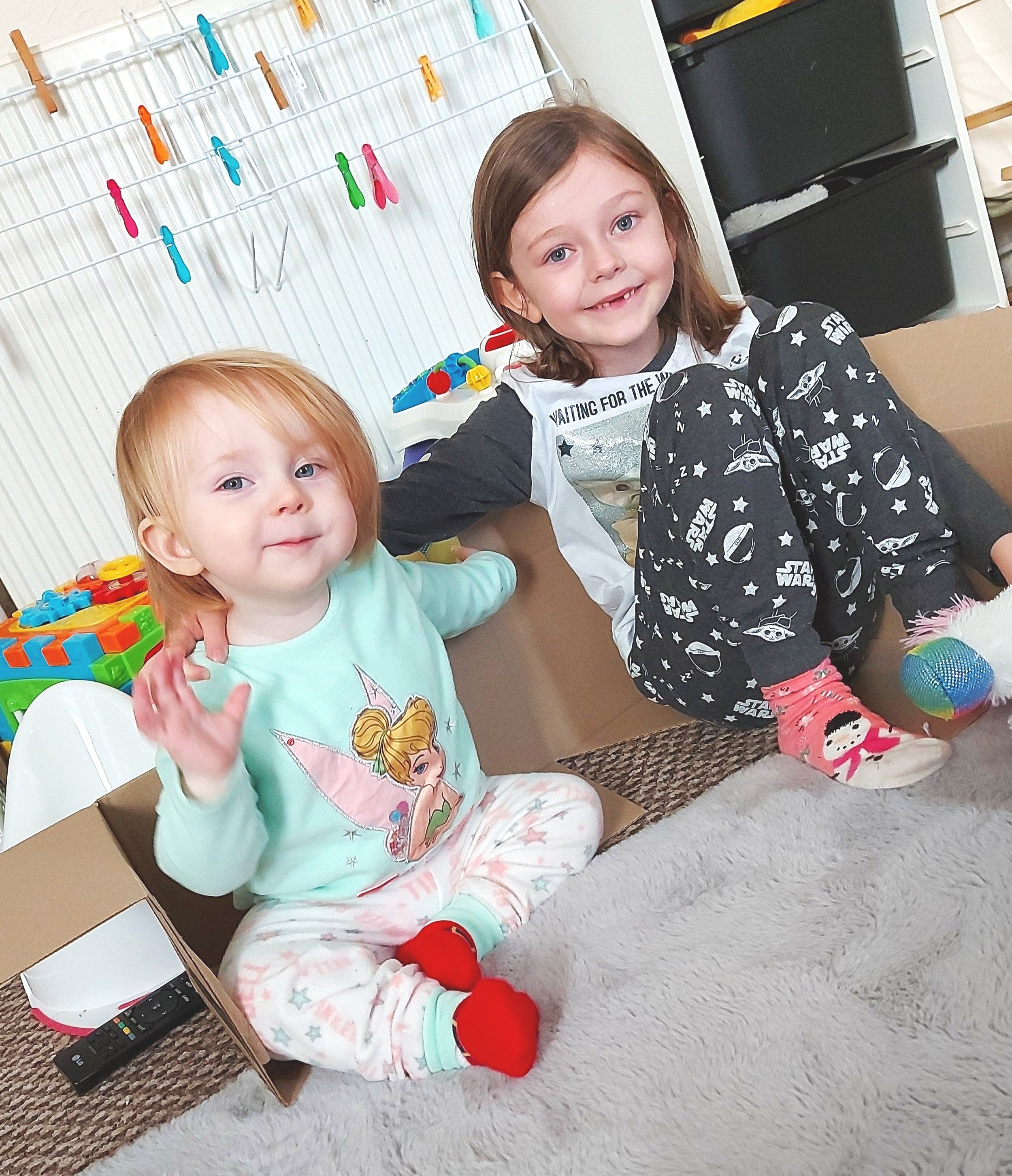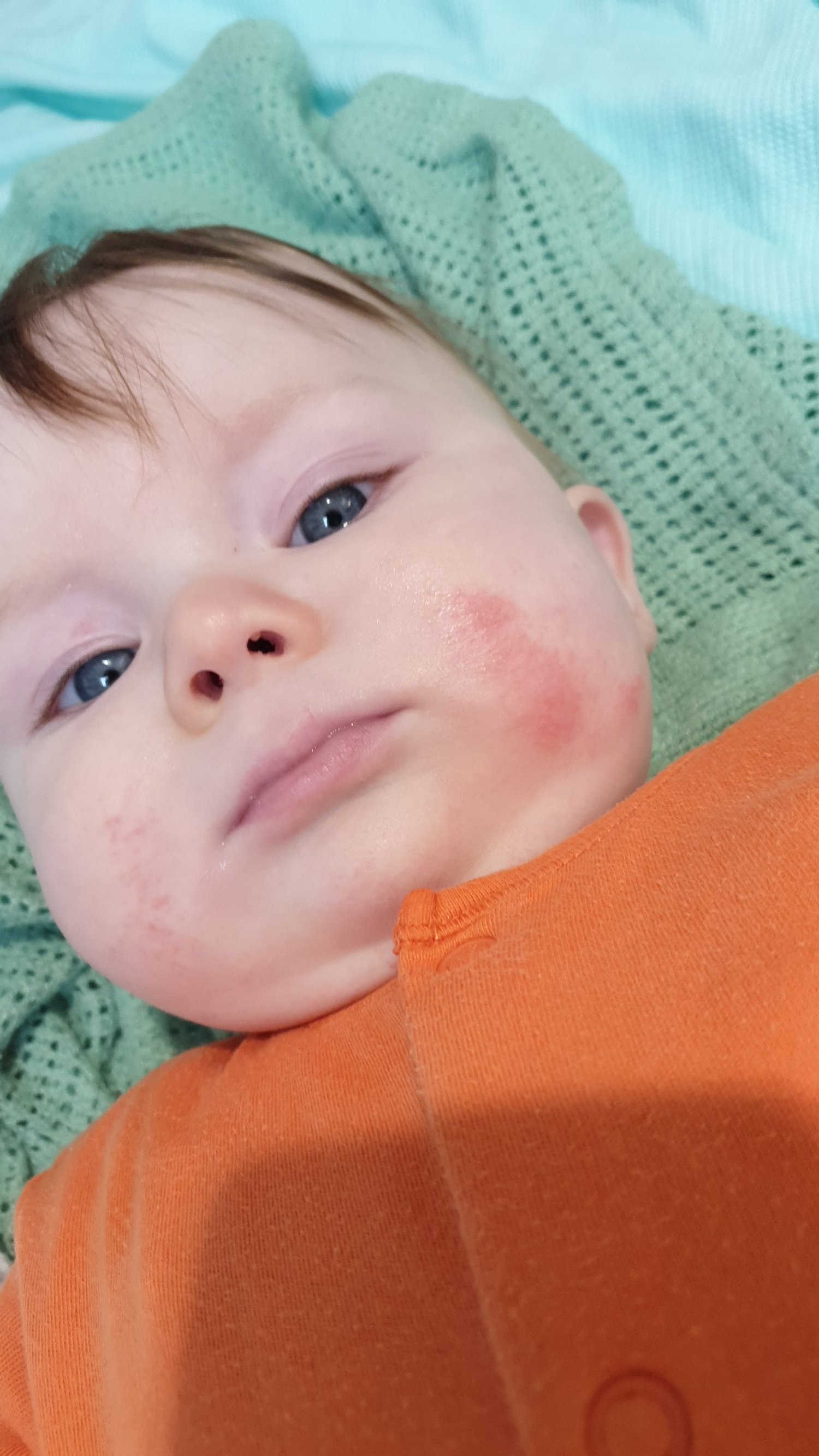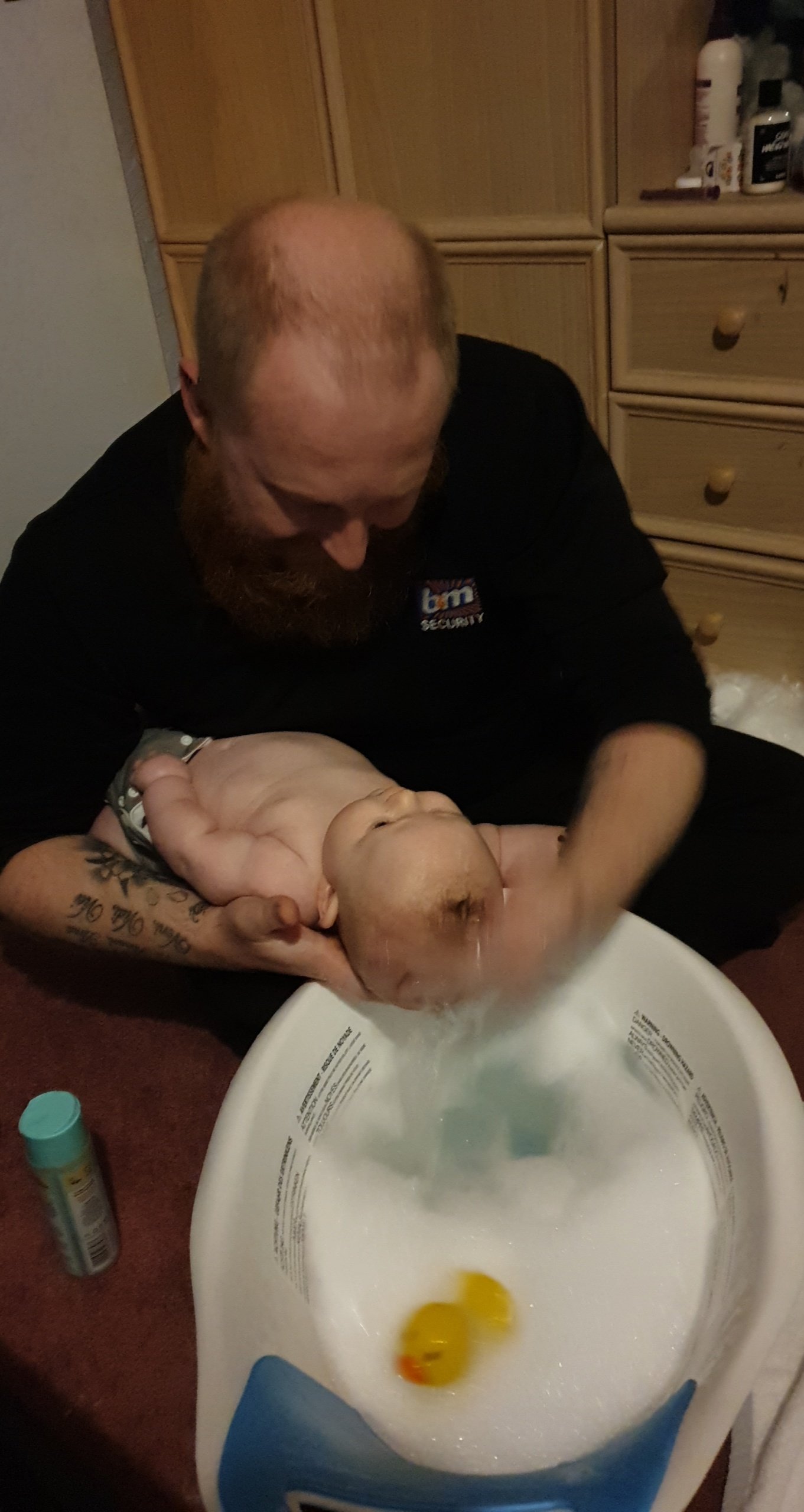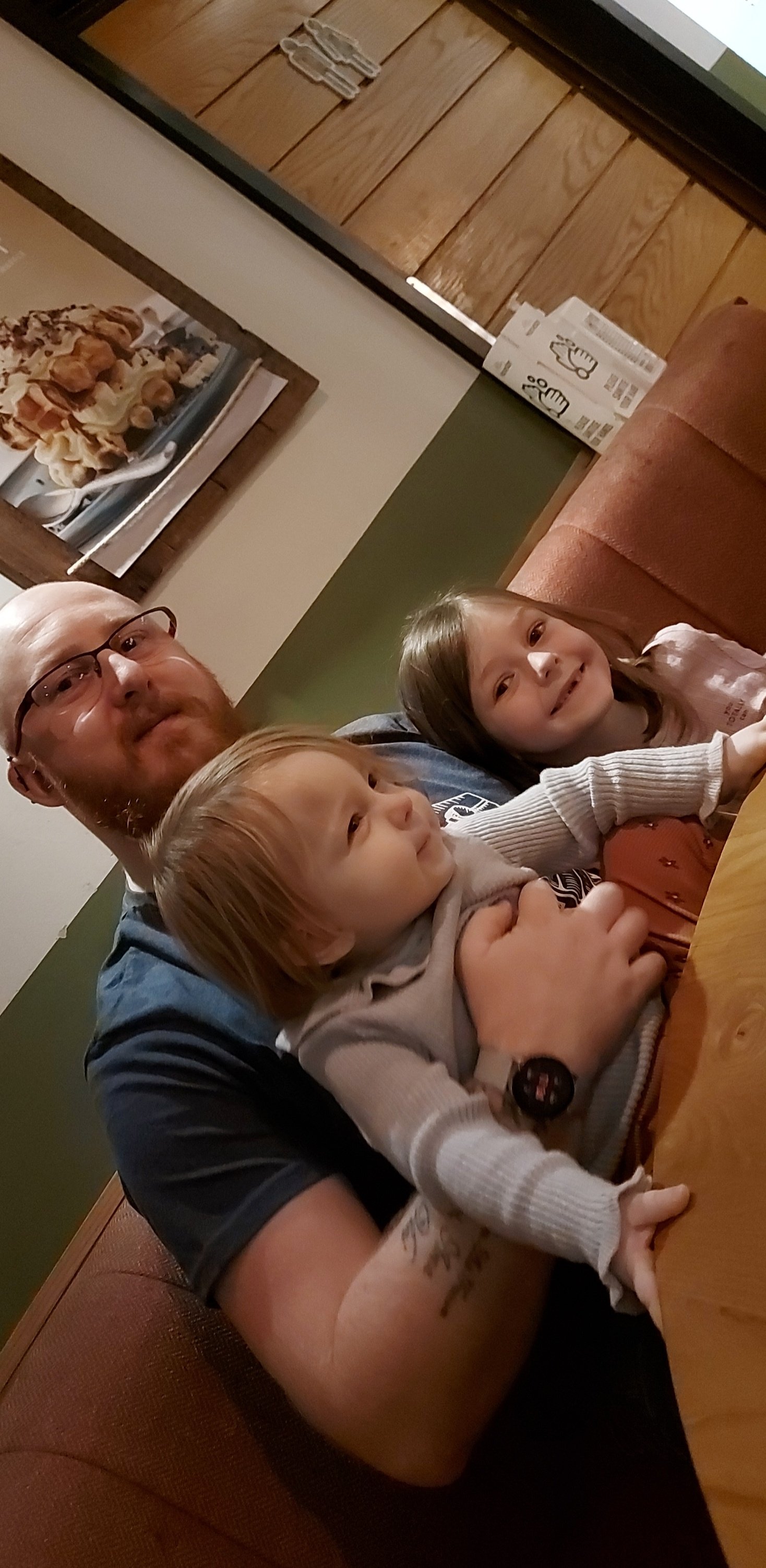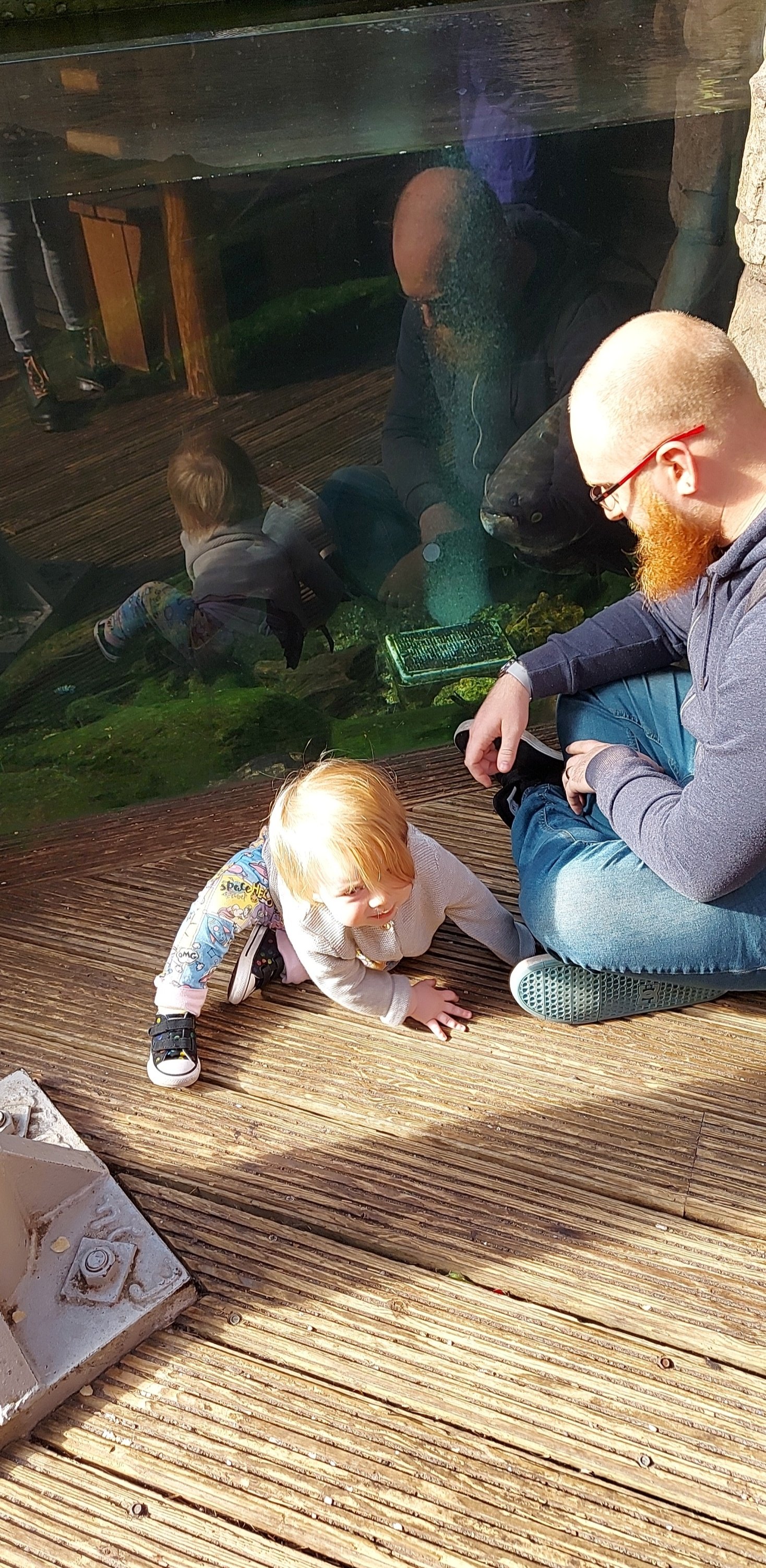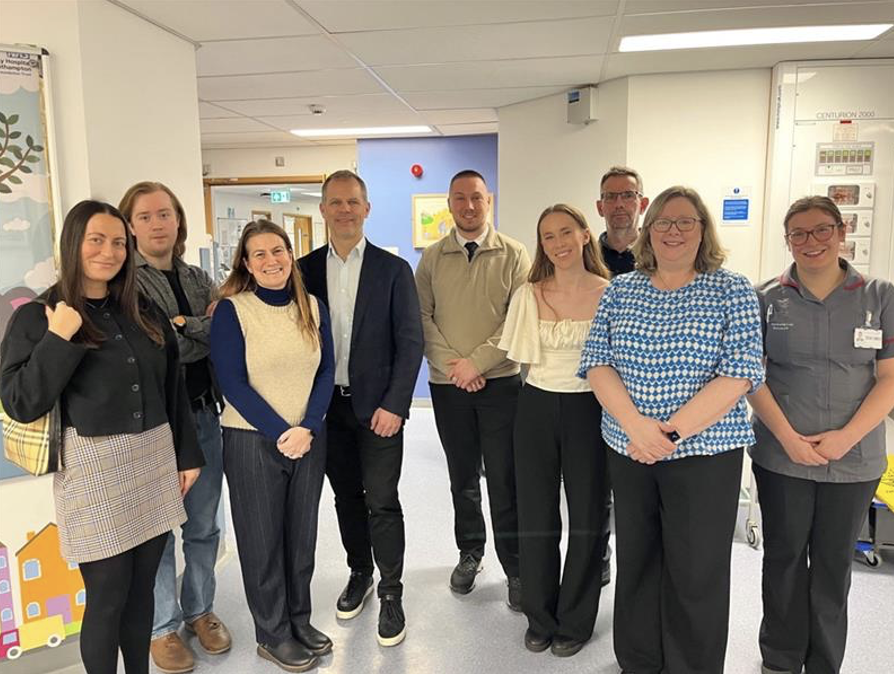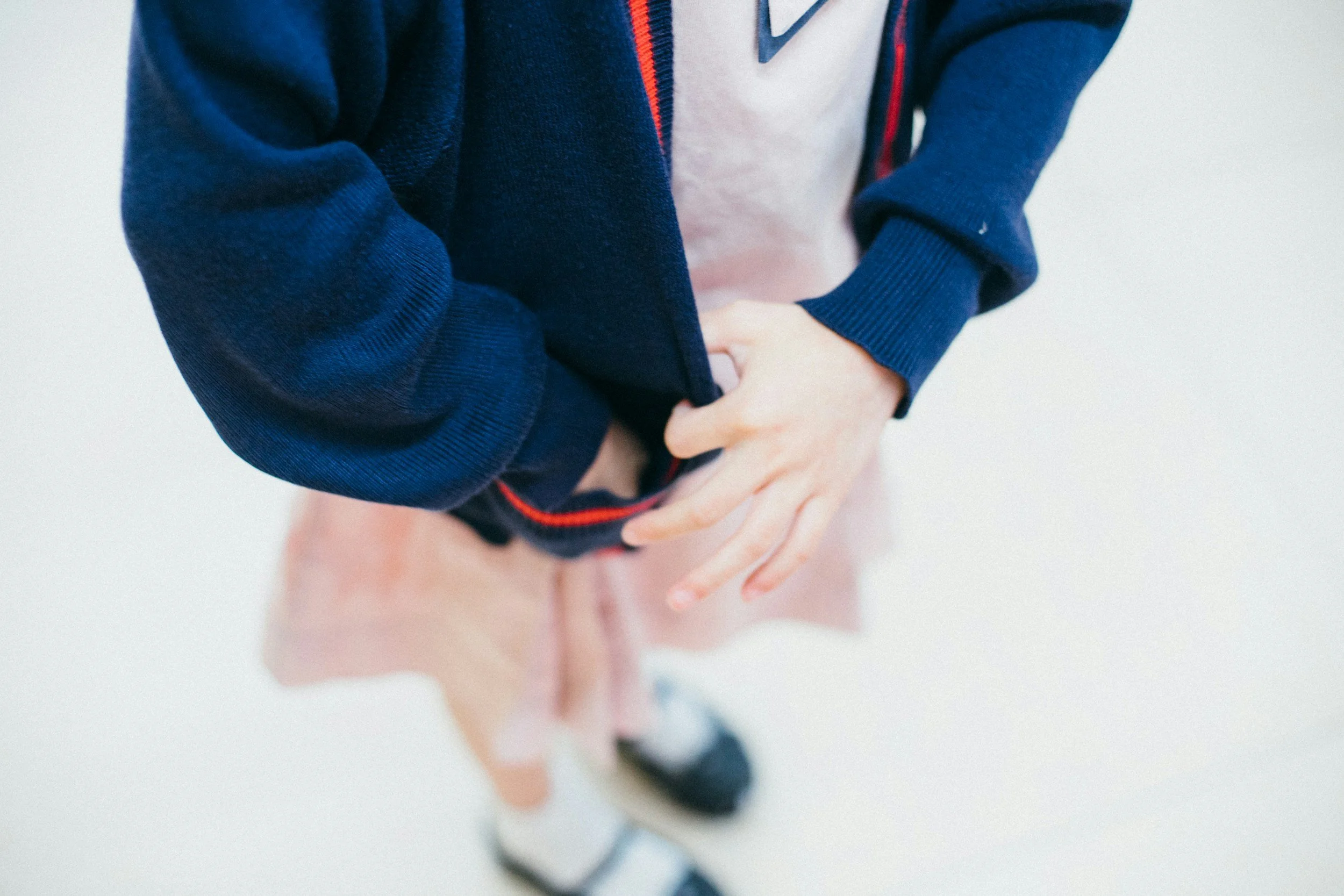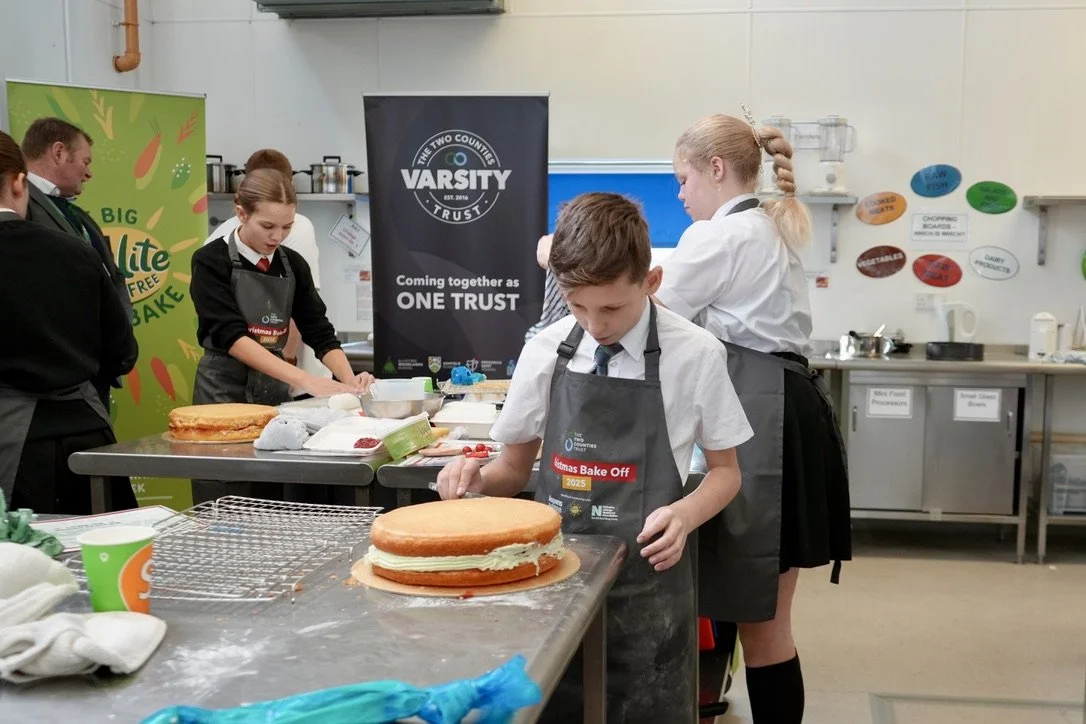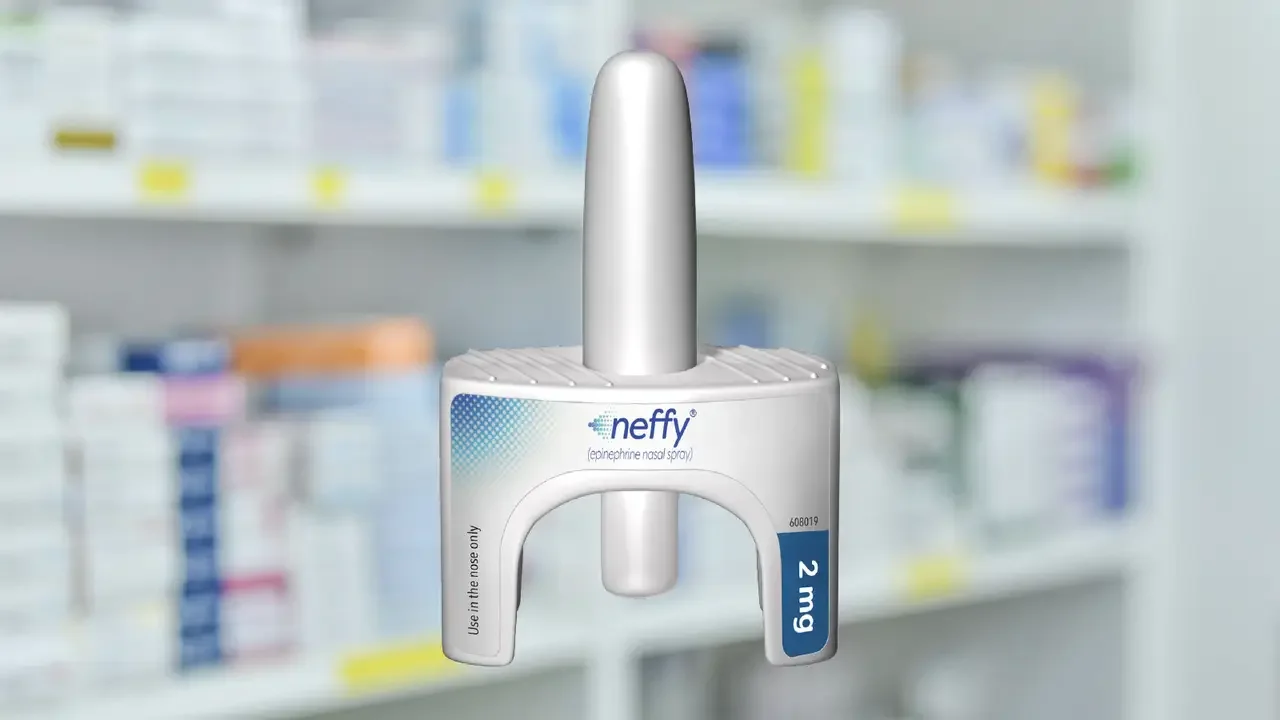We Couldn't Find Childcare that Could Keep my Allergic Daughter Safe
Lucy, a brave mum and member of our Natasha’s Army community, is sharing her complicated multiple allergy story with us. Her daughter’s allergies are so complex that she has been registered as disabled.
We have heard stories where families struggle to ensure that everyone caring for their allergic child truly understands their dangers and how best to ensure their safety, but in Lucy’s case, she was forced to lose her income because safe provision for her child wasn’t possible. Please read her story and share with her any advice or similar experiences you may have had.
Note: This post contains photos of allergic reactions which may be difficult for some people. Please check-in with how you are feeling today before deciding whether to proceed.
When my second daughter Eilonwy was born, I already had an older daughter who was diagnosed with CMPA (cow's milk protein allergy). This meant I was very quick to notice when my new baby worryingly started to show symptoms of allergies. When she was just two weeks old, I had to cut dairy out of my diet to continue breastfeeding her. I was so lucky that I was aware of the link between what I was eating and how it could affect my baby.
Fast-forward to January 2021. Eilonwy was seven months old and we were in the Children's A&E department. She had had a secondary anaphylaxis reaction to an almond-based ice-cream. She'd only eaten half a teaspoonful. By this point sadly, we had a long list of allergens she was allergic to. She is anaphylactic to almonds and dairy, IgE allergic to eggs and beef, non-IgE allergic to kiwi and peas, and contact reactive to shea butter, latex, non-latex nitrile medical gloves, and dairy. On top of these, Eilonwy is also IgE allergic to the sun, we have to import special mineral sunscreen from America. The standard UK chemical sunscreens don't work to block the UVB rays effectively for her. If she isn't wearing sunscreen in the sun she breaks out in hives on her exposed skin within 15 minutes of exposure. This can even occur indoors through an uncovered window.
Our Search for Safe Childcare
As the end of my maternity leave crept closer, we needed to look into childcare for Eilonwy. Unfortunately, due to the pandemic, nurseries understandably weren't allowing visits, which meant we couldn't meet with staff or arrange a taster session for her. Of the seven private nursery schools in my hometown, only one manager got back in touch with me. Because of how far-ranging Eilonwy's allergies are, they said,
“We can’t guarantee her safety.”
Because of her contact allergies, every child and staff member at the nursery would need to adjust the products they use, even at home. It would be too intrusive for other families and impossible to police. We knew this adjustment all too well as our family had gone through the process of changing all the products we use in our home, down to hand-soap and even my husband's beard oil - the vast majority of them contain either almond or shea.
As a result of being unable to find safe childcare, I had to give up my job when my maternity leave ended.
Allergies are a Disability
Allergies can be so limiting, not just affecting her young social life but also any support network I may have. For example, we can't visit soft play-centres as the risk of a contact reaction would be too high. It would be lovely to see children’s activities and just turn up like other families, but everything we do has to be risk assessed first.
Eilowny has been classified as disabled due to the extent and severity of her allergies. Applying for Disability Living Allowance (DLA) to replace a small part of the income lost from being unable to work, was a complicated process. Initially, our application was rejected because of her age. They felt that the amount of care she needed would be completed by a child's parent regardless of a disability. However, due to the nature of her contact allergies, there is a need for constant supervision. For example, she can have a cross-contact reaction when touching a toy handled by another child who's touched any one of her allergens.
Our daily life when outside the home, after all of the preparations it takes us to just leave, includes:
Constant hand-washing
Cleaning toys
Cleaning play equipment
Asking strangers not to touch her due to her long list of allergies (it’s surprising how many people reach out to young children!)
Reminding her not to touch other children she may meet (a child’s natural reflex)
Checking crayons, paint and chalks as they routinely contain dairy/egg, but don't legally need to declare their ingredients
Being mindful of dogs. Many dog foods contain egg and dairy (our own dog is on a dairy-free diet to ensure her safety)
“It's never-ending and we can't switch off for a second.”
We submitted a mandatory reconsideration to the Department of Work and Pensions. This coincided with Eilonwy’s body failing an almond challenge in a hospital setting, resulting in her having an allergic reaction, thankfully under supervision. The report from her Paediatric Allergist really helped. We also submitted photographs of what happens to her skin when she has skin contact with her allergens. They helped those assessing her application understand how complex allergies can be.
Being classed as disabled was a small turning point. Because she now has some protection via the Equality Act, risk assessments have to be done to ensure that every possibility to be inclusive has been explored.
We have one playgroup we are grateful we can attend due to the fantastic manager who has taken Eilonwy’s allergies seriously. She worked closely with me to ensure Eilowny can be included and they ensure the play-area is strictly no food/drinks, with a separate snack area for the children. All the children also have to wash their hands before they come back to play.
Unfortunately, there have been four instances where parents have ignored the signs that staff have put up and they have had to remind parents of the rules to keep Eilonwy safe. Some people don't understand how serious the consequences of not following these rules can be. They don't realise allergies can be life-threatening. It's isolating and frustrating when people don't make the effort to at least even try to understand
Eilonwy will be two years old in May and I'm very aware that we will be looking for nursery schools again in a year, which will begin to prepare her for starting school - but I’m terrified that they won't be able to keep her safe.
She's an extremely sociable little girl. She loves playing with other children and I can't keep her at home forever. She needs to socialise as part of her development and I need to go back to work. We've gone from a two-income household to one, and that impacts all of us. I feel extreme guilt that I can't contribute financially to our family and that I am the main parent she looks for when she is upset/hurt/scared. After all, I am the one at home with her because my husband needs to work such long hours to support us.
The future
I am convinced serious allergies should be considered as disabilities. They can be disabling to your life, and require special care from those around you. Allergies affect the whole family's life, though of course we take that on-the-chin as Eilwony is so worth it all. My seven-year-old is often not able to go to activities that aren't safe places for her little sister. However, she is her sisters biggest advocate. She sweetly reminds her friends to always wash their hands when they enter our home. She chooses safe snacks/foods when out of the home and when we’re not near hand-washing facilities. She even helps to explain to Eilwony when food isn't safe for her to eat.
There are some policies in place for nurseries and schools to follow for children with medical conditions, but there isn't a clear path to follow. I wish someone who understands the best ways to keep children with allergies safe at school could hold our hands through this.
I would love to hear advice or experiences from anyone who might have been in this or a similar situation?
Lucy x

